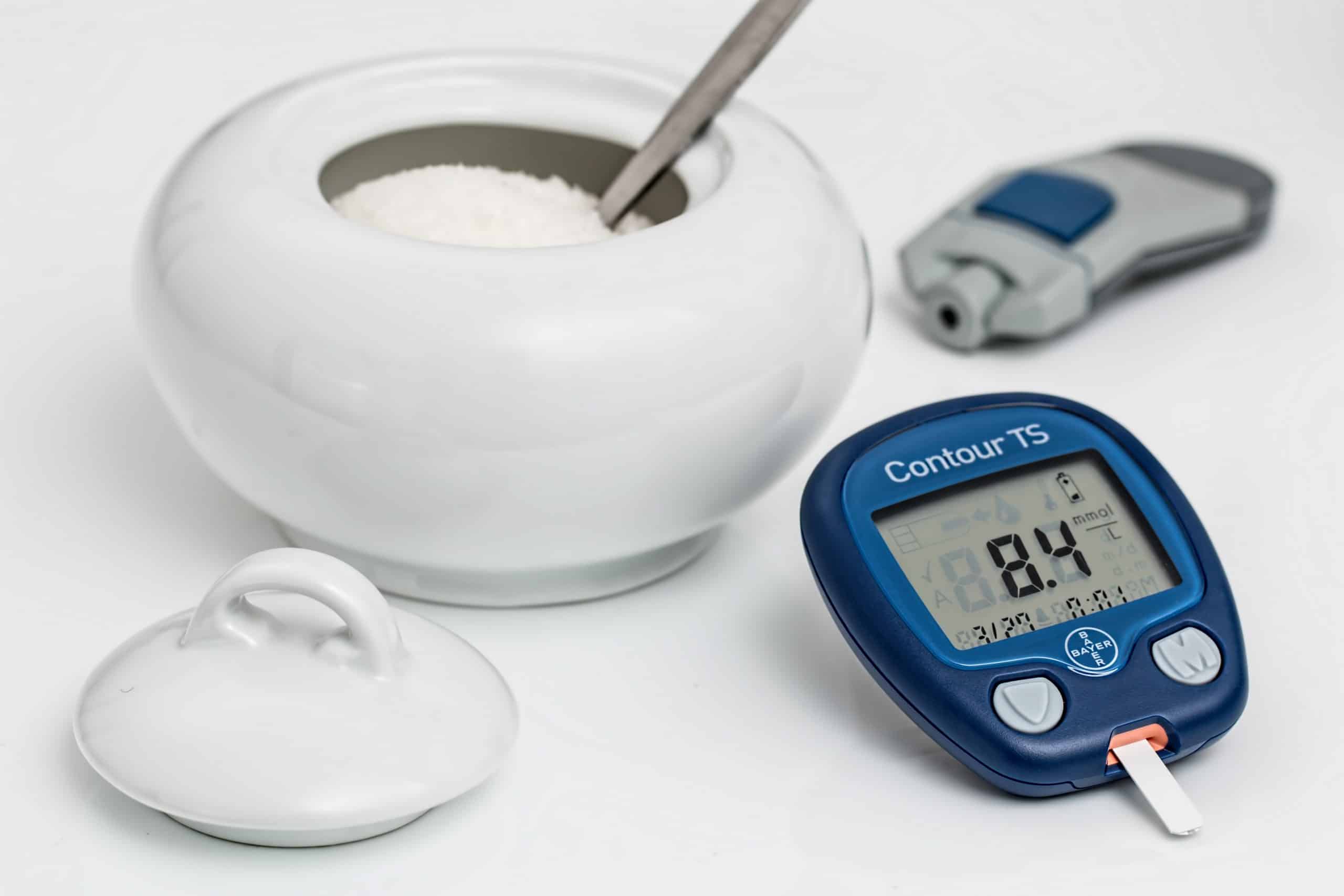Did you know that Diabetes can cause mobility issues? Diabetes is a serious medical condition that causes complications and problems with mobility and that can be life-threatening, too.
It is estimated that around 30 million people have Type 2 Diabetes in this country and around seven million have not yet been diagnosed. Diabetes can be debilitating and impact all areas of health and wellness, including mobility. If you live with physical limitations or mobility issues related to Type 2 Diabetes, talk to a qualified mobility retailer about stairlifts and aids that can help you.
Are you at risk for Type 2 Diabetes? Consider the following risk factors:
- Obesity is the prime risk factor for Type 2 diabetes. Maintain a healthy weight and get physical activity.
- Genetics are another risk factor for Diabetes. If you had a close family member with this disease, there is a chance you will develop it, as well.
- Some races and ethnicities are at higher risk of Type 2 Diabetes than others.
- If you have had Gestational Diabetes when pregnant, you may later have Type 2 Diabetes.
- Individuals over age 45 are at higher risk.
- Men are more likely to develop Diabetes.
If you feel you could be at risk for Type 2 Diabetes, take a test to see if you have Diabetes. The American Diabetes Alert Day is observed every fourth Tuesday throughout March, which is the perfect time to visit their website and take advantage of their Diabetes Risk Test, an easy online tool.
When you think of the impacts that Diabetes can have on your life, you may not consider how it affects the way you get around and move. The fact is, Diabetes can be devastating to your physical health and mobility, impacting your autonomy and independence in the process.
Some diabetic symptoms that may cause mobility issues include these:
Tingling and Pain
If you have Diabetes, you likely have noticed the occasional tingling and numbness that you can experience in the extremities, like your hands, your feet, and your legs. The numbness feels similar to when you have a limb fall asleep and the tingling that accompanies it waking back up. This feeling can perpetuate into a burning sensation that is not only uncomfortable but painful and concerning, as well. This loss of sensation and chronic pain can greatly impact how you move and get around, perhaps at times reducing physical activity and eroding quality of life.
Neuropathy Numbness
Diabetic neuropathy may be the cause for the previously mentioned numbness, which typically begins in the feet and legs before moving on to the arms and hands. If you experience Diabetic neuropathy can happen at any time, so it could cause you to take a nasty fall. This condition is marked by an inability to feel your feet while you are up and on them. It is a frightening experience and easy to see how it could affect mobility.
Skeletal Stiffness
When you are hyperglycemic, your Diabetes is out of control or unmanageable. When glucose levels increase and become high, sugar can stick to the collagen that is in your bones, tendons, and cartilage. The result? You will feel stiff, even sore, and your bones may ache. This is caused by the thickening of the collagen from the glucose, which curbs the body’s ability to smoothly move bones and joints through your normal range of movement. It can make you feel stiff with difficulty moving at times.
Vertigo
Have you ever heard of Vertigo? If you have experienced it, you know how unpleasant it is. Vertigo, or paroxysmal positional vertigo (BPPV), is much more common among those individuals with Type 2 Diabetes. Vertigo is dizziness, sometimes nausea, and often headaches that can occur, and that makes it tricky to stand, sit, or walk a straight line. Some describe it as feeling ‘drunk’, while others may experience excruciating headaches and vomiting. With Vertigo, you may simply want to lie still.
Vulnerability to Infection
The more life-threatening symptoms of Type 2 Diabetes are the vulnerability to infection and the length of time it takes wounds to heal when you are Diabetic. Slow-healing sores could be susceptible to infection which is why so many Diabetics are amputees.
Weight Gain
The excess weight and weight gain that often accompanies Type 2 Diabetes can affect mobility and restrict physical activity. The best, and only, way to maintain mobility with this condition as you get older is with a healthy diet and regular exercise. Talk to your doctor to learn more.
Observe American Diabetes Alert Day this year and familiarize yourself with the struggles that diabetics endure. One may not think about the mobility complications and issues that this condition causes, but they are significant and severe. For assistance and aid with everyday activities, talk to the team at Pacific Mobility about mobility solutions that make sense and that make life simpler.
President, Husband, Father, Grandfather Graduate of UC Davis- Bio Sci Major- Go Aggies! Jeff has extensive experience in all of Pacific Mobility’s products and services, and specializes in accessibility products as well as stairlifts, ceiling lifts and custom wheel chairs. His hobbies include spending time with family, gardening, mountain biking, exercising and off road motorcycle riding.
24 years as Owner/President of Pacific Mobility Center – selling, installing, and servicing stairlifts, porch lifts, ceiling lifts, pool lifts, handicap ramping, specialty wheelchairs, scooters, power wheel chairs, and other power mobility devices
Certified Environmental Access Consultant since 2008
Licensed General Contractor since 1998
Certified Aging in Place Specialist since 2016
Board Member for Home Access Professionals
Member of Association of Members of the Accessibility Equipment Industry (AEMA)




